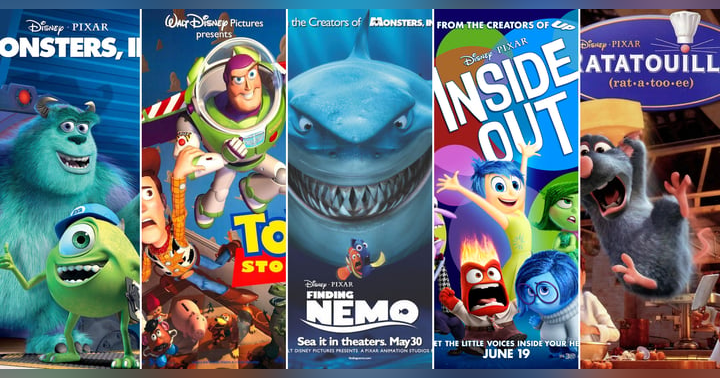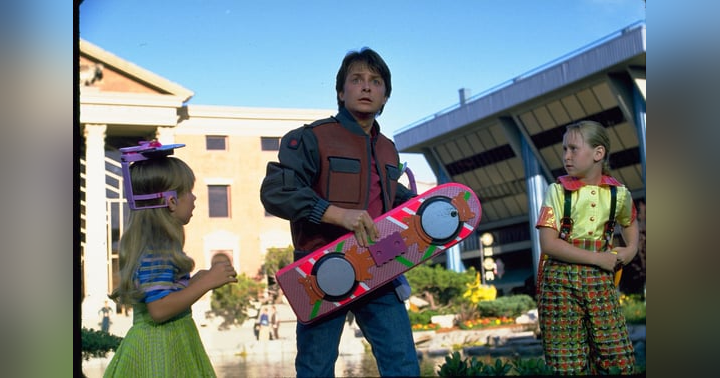Willy Wonka: A Cinematic Journey Through a World of Pure Imagination

In 1971, audiences worldwide were invited into a world of pure imagination with the release of "Willy Wonka & the Chocolate Factory." Directed by Mel Stuart and based on Roald Dahl's beloved 1964 book "Charlie and the Chocolate Factory," this film has not only endured but has grown in stature over the decades. It is a treasure trove of storytelling, characterised by its whimsical charm, layered characters, and profound moral lessons, all cemented its status as a cultural and cinematic landmark. In this Blog, we introduce you to Willy Wonka, a cinematic journey.
The Magic of Gene Wilder
At the heart of "Willy Wonka & the Chocolate Factory" is Gene Wilder's iconic performance as the eccentric candy magnate, Willy Wonka. Wilder's portrayal is a masterclass in balancing the surreal and the sincere. His Wonka is enigmatic and endearing, sprinkling the film with moments of dry wit and dark comedy that appeal to children and adults. The actor's ability to shift from whimsical to menacing encapsulates Dahl's complex character beautifully, captivating every moment he is on screen.
A Feast for the Eyes and the Imagination
The film's visual style is an essential ingredient in its magic formula. From the moment the gates of Wonka's factory open, viewers are treated to a spectacle of colours, imaginative designs, and inventive machinery that could only come from the most creative corners of the mind. The set design, particularly the edible landscape of the Chocolate Room, complete with its chocolate river and gummy bear trees, remains one of the most memorable in cinema history. This visual storytelling is not just about creating a fantasy world; it's about manifesting the limitless possibilities of imagination—a theme central to the film’s appeal.
Storytelling and Character Development
The narrative structure of "Willy Wonka & the Chocolate Factory" serves as a moral compass for young viewers, with each of Charlie's fellow ticket winners embodying different vices such as greed, gluttony, and pride. The way these characters are presented and ultimately face their comedic comeuppances serves as cautionary tales. Charlie Bucket, on the other hand, represents virtues like humility, honesty, and kindness, which ultimately lead him to inherit Wonka's fantastical empire. This clear dichotomy between the characters is an accessible way for children to understand complex moral lessons.
Cultural and Historical Significance
The film was released in an era marked by social changes and a degree of cynicism, emerging as a breath of fresh air that both acknowledged the world's complexities and offered an escape to a place where good behaviour is rewarded. Over time, "Willy Wonka & the Chocolate Factory" has been celebrated as entertainment and a cultural touchstone that offers commentary on social issues and human behaviour through a fantastical lens.
The Soundtrack: Enhancing the Narrative
The film's music, composed by Leslie Bricusse and Anthony Newley, plays a crucial role in its storytelling. Songs like "Pure Imagination" and "The Candy Man" are catchy and fun and weave seamlessly into the narrative, enhancing the film’s themes of wonder and dream fulfilment. The music elevates the film from mere entertainment to a resonant art form that speaks to the dreamer in everyone.
Legacy and Influence on Pop Culture
"Willy Wonka & the Chocolate Factory" has left an indelible mark on pop culture. It has inspired countless adaptations and references across various media, from television homages to stage musicals, proving its enduring appeal. The film's quotes and scenes have permeated popular culture, making Willy Wonka a figure synonymous with creativity and eccentricity.
Educational Value
Beyond entertainment, the film is frequently used as an educational tool in schools to teach themes of morality, the consequences of one's actions, and the importance of altruism. Its narrative provides a platform for discussion about character and ethics, making it a valuable resource for parents and educators.
Continued Relevance
Decades after its release, "Willy Wonka & the Chocolate Factory" remains relevant. Its themes of poverty, wealth, and the moral tests that come with both are timeless. The film encourages viewers to maintain a sense of wonder and innocence in a world that can often seem daunting and harsh. In today’s fast-paced and often superficial society, the film’s messages are more poignant than ever.
Conclusion
"Willy Wonka & the Chocolate Factory" is much more than a children's film; it is a philosophical tale that combines fantasy with deep moral questions. It entertains while it educates and amuses while it enlightens, making it a rare piece of cinematic magic that is both delightful and profound. As it continues to captivate new generations, the film stands as a testament to the power of imagination and the enduring appeal of a well-told story. In a world where you can be anything, "Willy Wonka & the Chocolate Factory" teaches us to be kind, curious, and above all, to keep dreaming.














